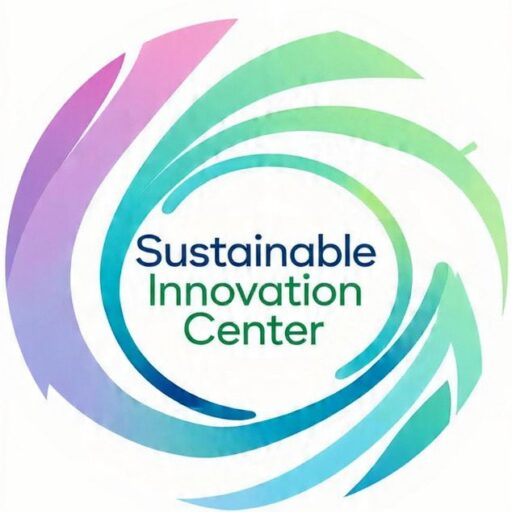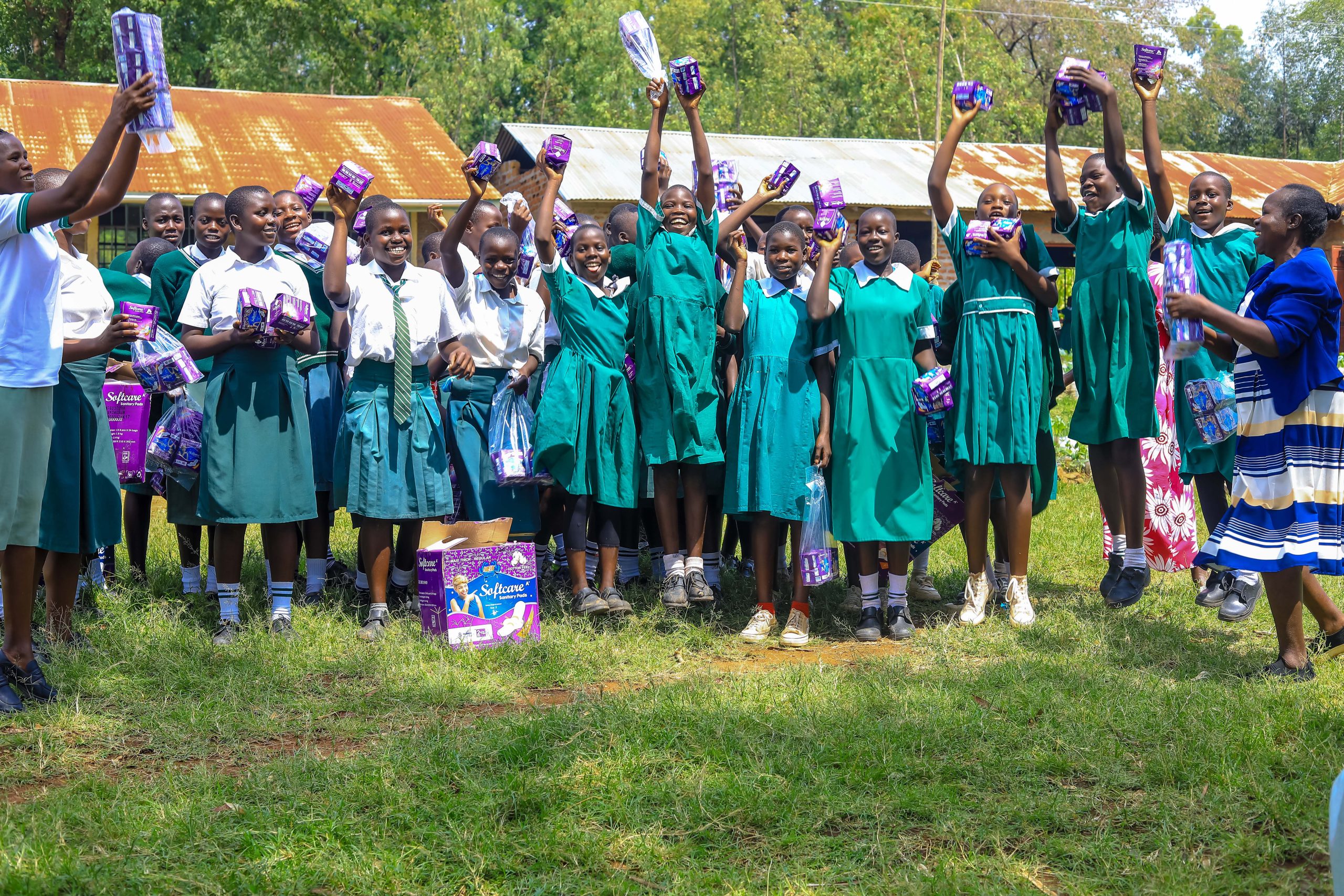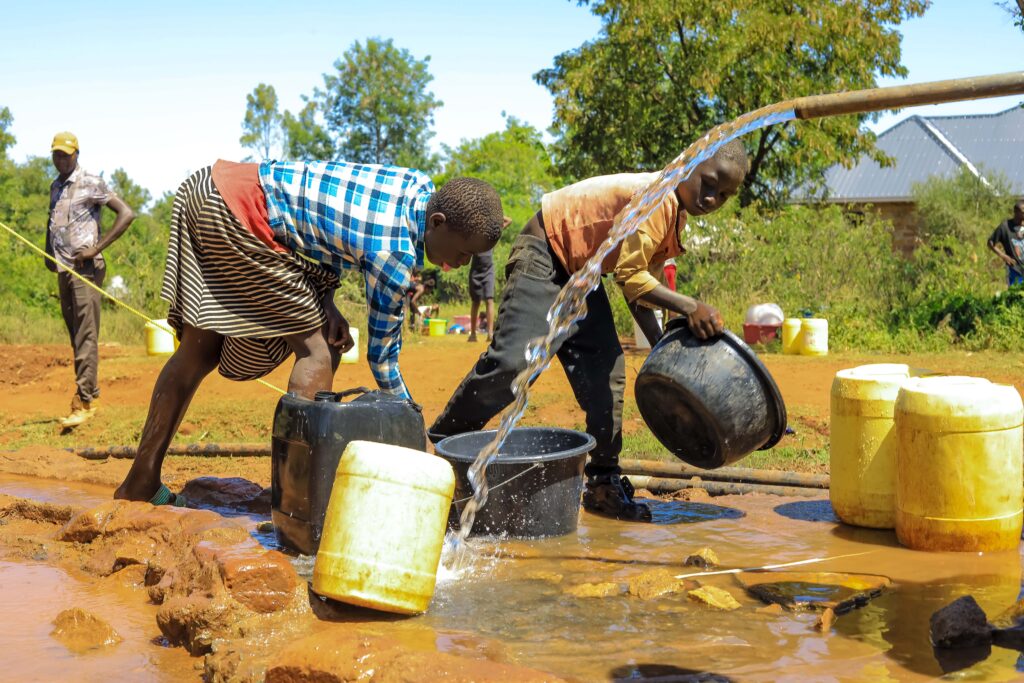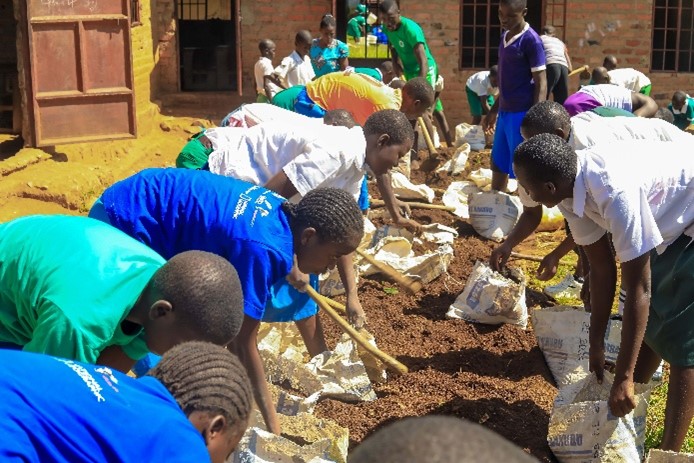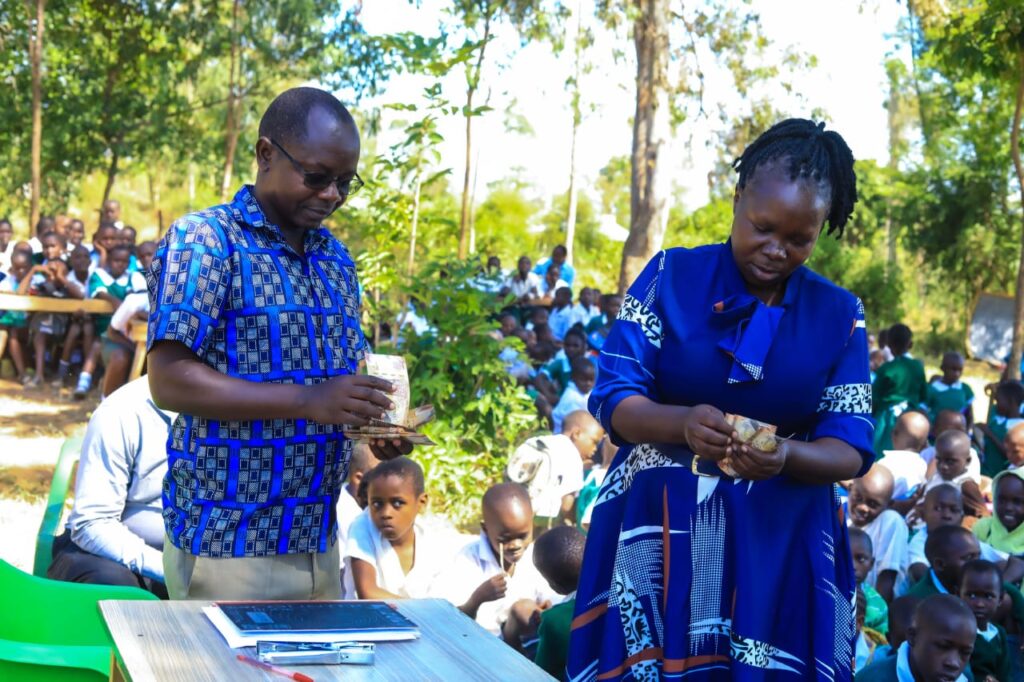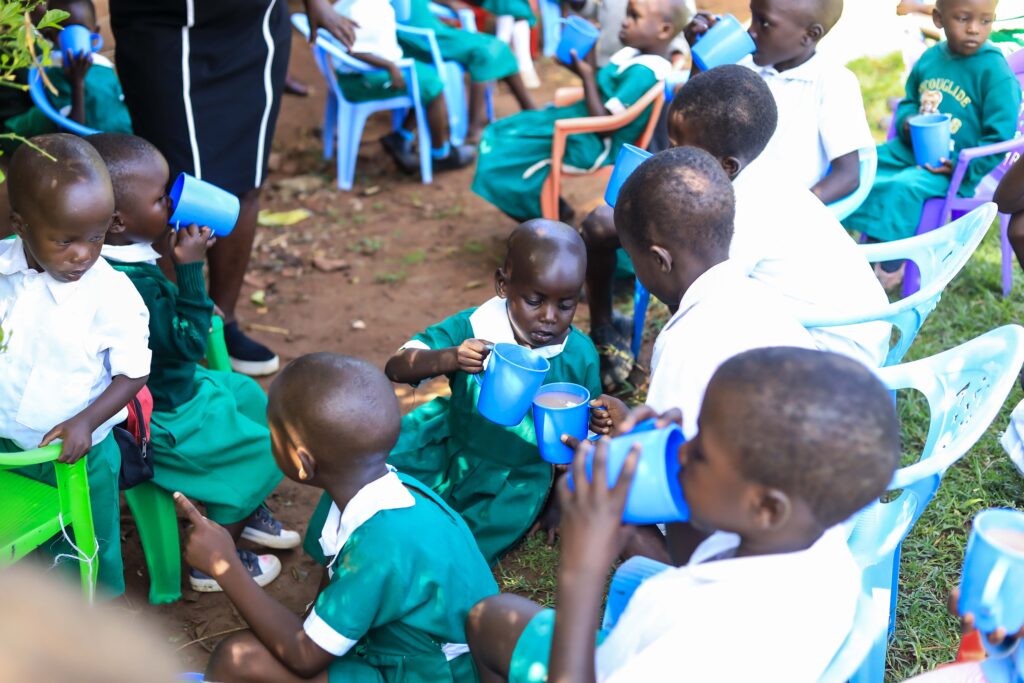
SUSTAINABLE INNOVATION CENTER
CHANGE BEGINS HERE!
SIC is a community based non-profit organization in Kenya that believes the most sustainable solutions come from the communities facing the challenges.The period from 2010 to the present marks our effort to transform development. In 2021 we officially established SIC as a non-profit organization to partner with communities to unlock their inherent problem solving potential, creating solutions that are culturally relevant, environmentally sustainable, and owned by the people they serve.
Our community-led menstrual health initiative addresses one of Kenya’s most persistent yet silenced challenges.We advocate for menstrual-friendly infrastructure in schools and workplaces; and support women-led social enterprises within the menstrual health economy ensuring that solutions are sustainable, culturally resonant, and owned by those they serve.
We have upgraded a borehole in partnership with UBUNTU to provide lasting solutions to water scarcity. Starting with community dialogue, we identify the best locations and ensure everyone is involved in the process. Each borehole is managed by the community itself, with training and support to keep the water flowing long-term. This reliable access to clean water improves health, supports farming, and creates new opportunities for growth.
In the Mango-growing area of Adiedo, this initiative is proudly led and driven by the women of the community. Recognizing their central role in household nutrition and local agriculture, our program partners directly with women’s groups to build their skills and capacity in the entire mango value chain. From climate-smart orchard management to harvesting, processing, and marketing, we empower Adiedo’s women to turn mango cultivation into a more reliable and profitable source of household income, strengthening both community livelihoods and women’s economic leadership.
At the heart of our educational vision lies a living classroom: our school-based permaculture program, where students don’t just learn about sustainability they practice it, profit from it, and bring it home. Here, children engage in hands-on organic farming, growing nutrient-rich vegetables and raising hardy fruit tree seedlings within a designed ecosystem that mimics nature’s resilience.
Our primary school scholarship program in Mango and Ang’iro communities is a direct response to the painful reality that many bright, capable children are forced to drop out simply because their families cannot afford school fees. We bridge this gap by providing partial fee support to the most vulnerable students those at immediate risk of leaving school ensuring that financial hardship never becomes a barrier to education.
